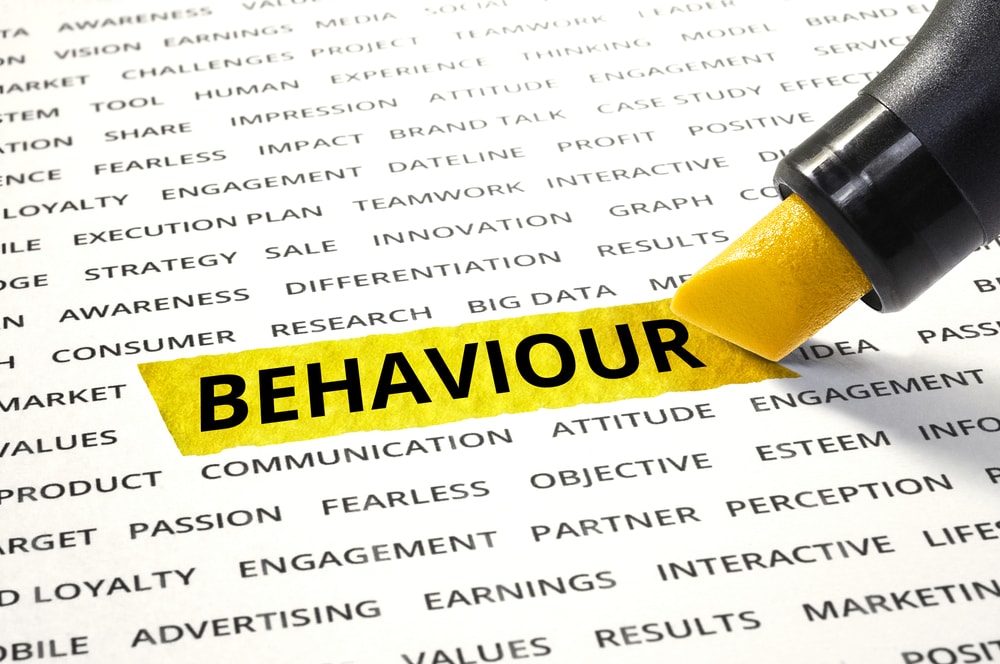BEHAVIOR: A MAJOR INGREDIENT OF HUMAN CAPITAL DEVELOPMENT

Behavior is the way in which one acts or conducts oneself, especially towards others. It is also the way in which a person behaves in response to a particular situation or stimulus (Oxford Dictionary).
According to Prof. Magnus Kpakol, CEO –Economic & Business Strategies Ltd, behavioral skills training should be considered as a major part of human capital development. According to him, a person’s behavior impacts everything, including the ability to make effective decisions, creativity and general productivity.
Prof. Magnus Kpakol also defines Human Capital as the stock of knowledge, skills, wellness, habits, attitude and other personal attributes, especially creativity, innovation and behavioral skills needed to produce economic value. Therefore human capital is the most important element for achieving increasing productivity, rising wellbeing, personal income growth, economic development and global competitiveness.
How can a person’s behavior affect their productivity and eventually global competitiveness? Your disposition, mood, and feelings impact everything, including your ability to make decisions, creativity and the ability to work well with others. An inconsiderate behavior for example can interrupt the smooth flow of production and thereby interrupt the progress of human capital development. In general poor behavior may undermine your career.
There is a huge relationship between behavior and performance. Positive behavior will lead to enhanced productivity while negative behavior will cause damage and bring set back. Appreciating workplace behavior is incredibly important as it can impact not only how well employees work together, but also how productive they become and how safe the workplace is. Employees who have good workplace behavior tend to be more productive, work better with others, and follow safety rules more diligently. This typically leads to a more efficient and effective workplace. Additionally, good workplace behavior can help to create a positive company culture. Employees who feel valued and respected are more likely to be engaged in their work and committed to their employer. Poorly behaved employees may be less productive, more prone to accidents, and more likely to cause conflict with others. This can lead to a decrease in morale and an increase in turnover.
Anyone can choose either positive or negative behavior. If you are looking to become globally competitive and improve your level of productivity, I will advise that you daily and intentionally choose positive behavior
Contributed by: Salama Tanko
Reference: Oxford Dictionary, Wikipedia, Hseblog
Back To Articles